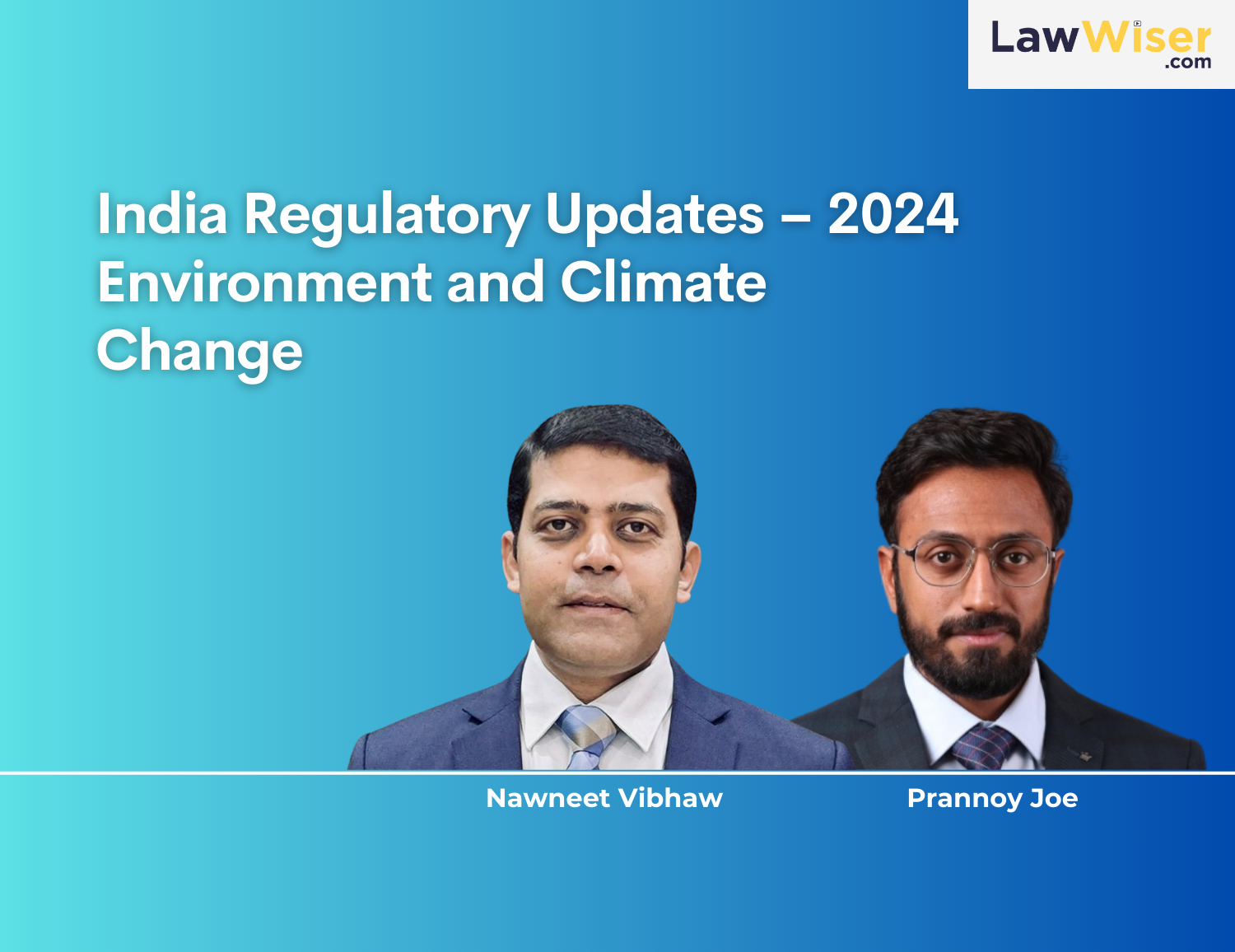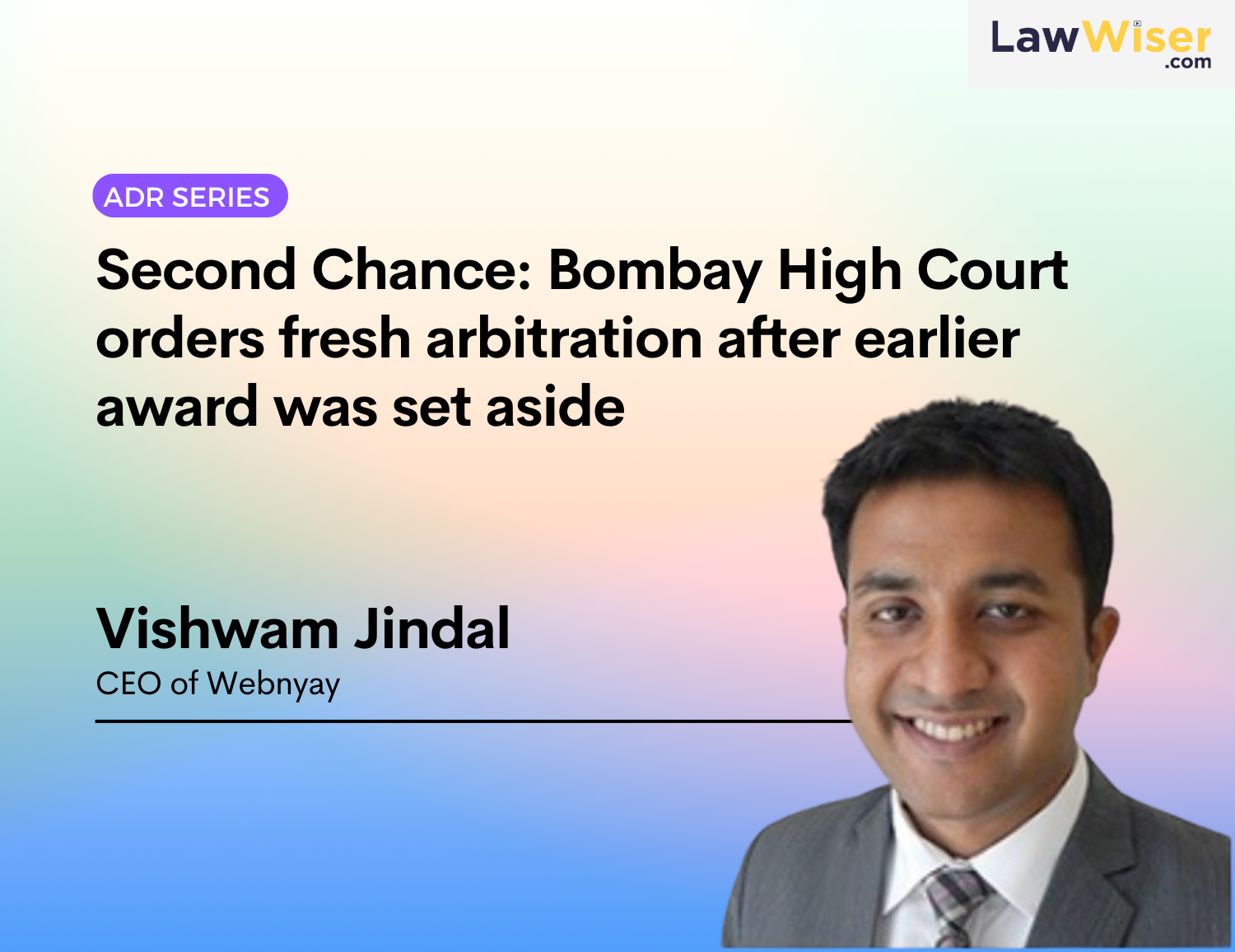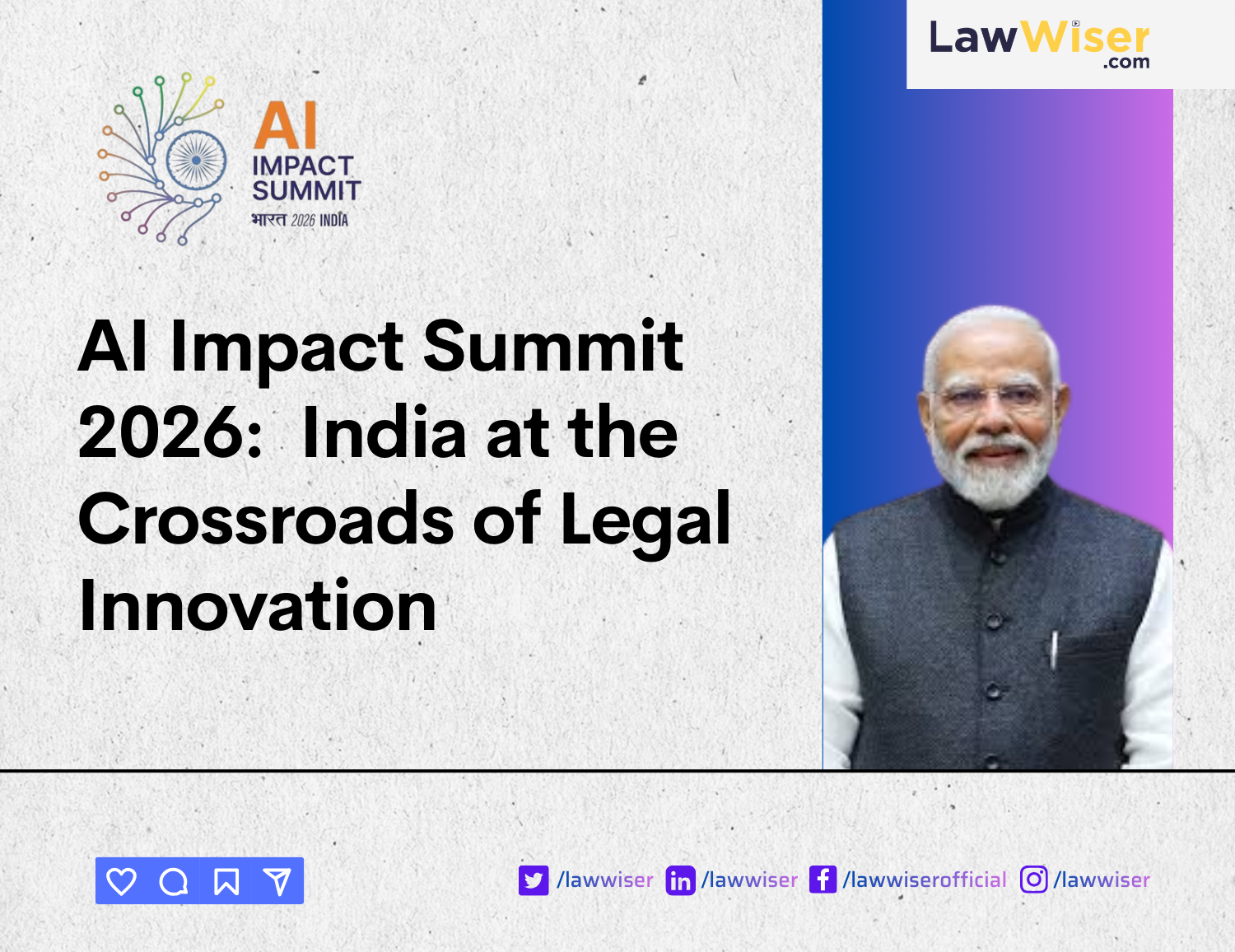Artificial Intelligence (AI) has brought with it not just technological disruption, but also legal dilemmas—particularly in the field of Intellectual Property Rights (IPR). As businesses rush to deploy generative tools, automate creativity, and streamline R&D, in-house legal teams are being pushed to rethink traditional notions of ownership, authorship, and protection. For those of us on the frontlines, the challenge is no longer theoretical—it’s deeply practical.
Can AI be an inventor or creator?
This is no longer a philosophical question but a legal one. Patent offices in various jurisdictions have faced this exact issue. Can a machine’s output be patented if it doesn’t have a human inventor? Courts and authorities differ. While the US and EU patent offices have rejected AI-generated patent applications on the grounds of non-human inventorship, countries like South Africa have controversially granted such rights. For in-house teams in innovation-driven industries—electronics, pharma, or manufacturing—this creates a complex global compliance map.
The copyright conundrum
Generative AI tools like ChatGPT, DALL·E, and music composition models are being used to create content that often mimics human authorship. But who owns this content? More importantly, what about the data used to train these models? Was it licensed? Are derivative works infringing on existing IP?
From a brand protection perspective, the risks are significant. An AI model trained on copyrighted logos or product manuals could generate near-identical content. Who do you sue? The developer of the model? The user? The company deploying the AI tool?
Practical questions for in-house legal teams
As an in-house counsel, I see three immediate responsibilities:
- Review AI usage in your organization’s functions – Are marketing, design, or R&D teams using AI-generated content? If so, is there a policy on ownership, attribution, and third-party data use?
- Collaborate with procurement and vendor teams – Many AI tools are being used under SaaS models. Do your contracts include IP indemnity clauses? Are license terms clear on who owns AI-generated content?
- Be proactive in training and awareness – Most IPR breaches are unintentional. Your teams may not know that using a free AI tool to generate a logo might violate someone else’s rights. Legal awareness campaigns are now more relevant than ever.
India’s evolving stance
India has yet to formally recognize AI as an author or inventor under the Copyright Act or Patents Act. However, as a nation that is both tech-savvy and IP-rich, this conversation can’t be delayed. We may eventually need a hybrid model: where AI is acknowledged as a tool, but a human must be the legal rights holder.
The way forward: regulation, responsibility, resilience
What’s needed is a global, harmonized approach. IP laws must adapt to account for AI’s role in innovation without diluting human accountability. For in-house teams, this is not just about compliance—it’s about strategy. A company that understands the IP implications of AI is better placed to protect its assets, defend its brand, and stay ahead of regulatory scrutiny.
As AI gets smarter, the law must become wiser. And in-house legal professionals must lead that transformation from within.
Rajiv Malik, Legal Leader, LG Electronics India – As an experienced Legal Counsel and sought-after speaker, He brings over 20 years of expertise in the legal field, specializing in litigation, contract management, Data Privacy, Anti-trust issues and compliance. Throughout his career, He has made significant contributions to the success of LG Electronics, where he has been instrumental in navigating complex legal challenges and ensuring legal compliance.



 July 17, 2025
July 17, 2025








 February 13, 2026
February 13, 2026 0 COMMENTS
0 COMMENTS

